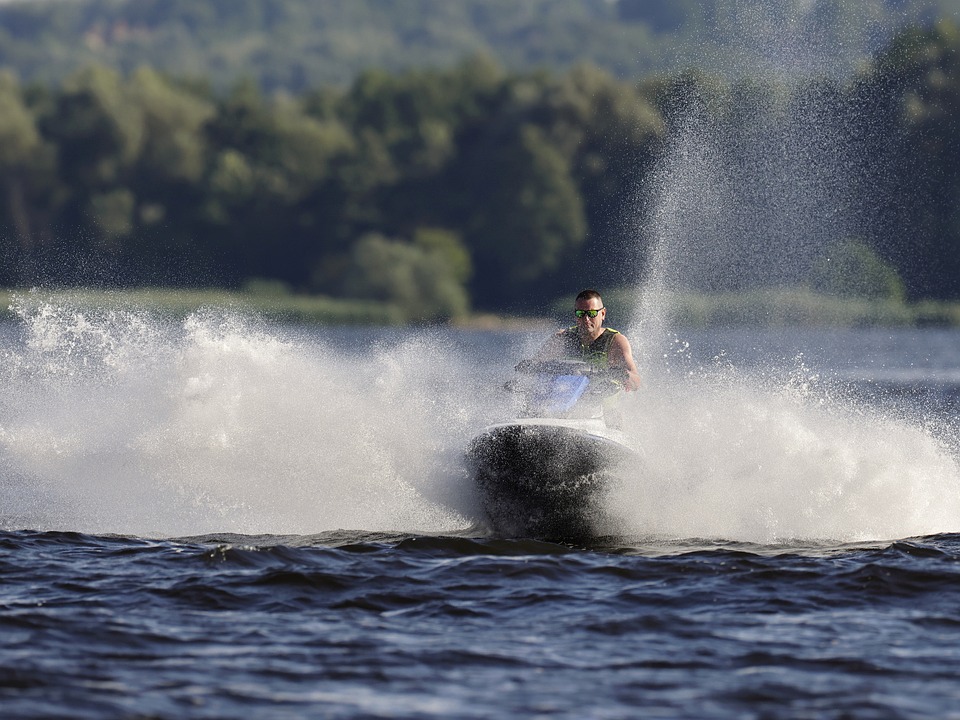Table of Contents
Introduction
Skiing is an exhilarating sport that requires skill, technique, and practice.
Whether you are a beginner or an intermediate skier, there are always ways to improve your skills on the slopes.
In this article, we will provide you with valuable tips and techniques that will help you elevate your skiing abilities from a novice to a pro.
Choosing the Right Equipment
Before hitting the slopes, it’s crucial to have the appropriate skiing equipment.
The right pair of skis, boots, and poles can greatly impact your performance.
Visit a reputable ski shop where professionals can assist you in choosing equipment that matches your skill level and body type.
Consider renting equipment if you are a beginner to avoid investing in expensive gear right away.
Taking Professional Lessons
Regardless of your skiing level, taking professional lessons can significantly enhance your skills.
Instructors can teach you proper techniques, help you improve your balance, and guide you on advanced maneuvers.
They will assess your abilities and provide personalized feedback to help you progress quickly.
Investing in lessons early on can save you from developing bad habits that may be more challenging to correct later.
Building Strength and Endurance
Skiing requires both strength and endurance.
Engaging in exercises that target your leg muscles, core, and cardiovascular system can significantly enhance your performance on the slopes.
Exercises like squats, lunges, planks, and cardiovascular activities such as running or biking are great ways to build your overall fitness.
Incorporating strength training and cardio workouts into your routine will allow you to ski longer and with greater control.
Practice Proper Technique
Mastering proper technique is crucial for skiing efficiently and preventing injuries.
Some key techniques to focus on include maintaining a balanced stance, bending your knees, keeping your weight forward, and engaging your edges.
Practice these techniques on groomed slopes before attempting more challenging terrains.
Remember to always be aware of your body position and adapt to different snow conditions.
Expand Your Skills
Once you have mastered the basics, it’s important to push yourself and expand your skills.
Challenge yourself by skiing on different terrains, such as moguls, powder, or even in the park.
Try to tackle steeper slopes or experiment with different turning techniques.
Additionally, consider trying out other skiing disciplines such as cross-country skiing or ski racing.
By continually pushing yourself out of your comfort zone, you will become a well-rounded and versatile skier.
FAQs
1. How long does it take to become a pro skier?
Becoming a pro skier is a journey that varies from person to person.
It depends on factors such as natural talent, dedication, and the amount of time you spend practicing.
With regular lessons and consistent practice, it is possible to progress from a novice to an intermediate skier in a season or two.
However, becoming an expert or professional skier usually requires several years of commitment and training.
2. Do I need to be physically fit to ski?
While skiing can be physically demanding, beginners can start at their own pace and gradually increase the intensity.
Being physically fit will greatly enhance your skiing experience and reduce the risk of injuries.
Regular exercise and strengthening your leg muscles, core, and cardiovascular system will improve your endurance and control on the slopes.
3. How often should I ski to improve my skills?
The frequency of skiing depends on various factors, such as your availability, budget, and location.
Skiers who have the opportunity to ski more frequently, such as those living near ski resorts, can improve their skills at a faster rate.
However, even skiing once or twice a week during the winter season can lead to significant progress.
Consistency is key, so aim to ski as often as possible to maintain and build on your skills.




